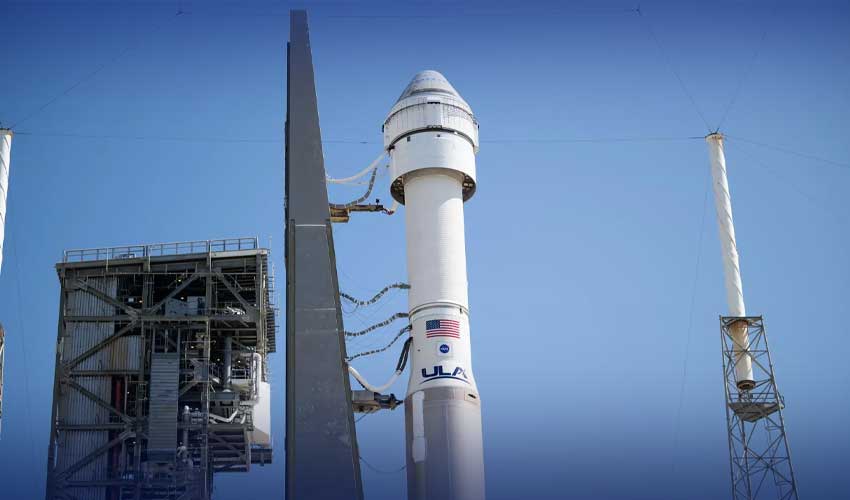Throughout the last two centuries, humans, despite lacking exceptional physical abilities, have not only colonised the Earth but also harnessed its resources for survival.
While the comforts of modern life may seem evident, reflecting on the trials of the early primitive ages reveals a challenging reality.
Human survival hinges on our relatively large brains. Surpassing creatures with superior physical attributes in the same environment, humans, without the soaring abilities of eagles or the speed and strength of predators, outpaced them through innovative minds.
This narrative, though resembling a bedtime story highlighting intellect, aims to challenge the notion that human life could thrive without contemporary technology.
Critics argue that modern technology is a curse, impacting human health, time, and social relationships. However, they often overlook how technology played a pivotal role in saving humanity from extinction over the past two hundred thousand years, marked by natural and climatic challenges.
Suggesting that humans could live more comfortably without technology is akin to claiming predators would flourish if they stopped hunting or plants could thrive without utilising photosynthesis. It may sound extreme, but it holds true. How would those in scorching deserts survive without cooling devices and electricity? And how could we sustain over seven billion people on the planet without genetic modification and other technologies?
While many beings adapted physically to overcome obstacles, humans evolved to navigate challenges using their minds. We don't require wings to fly or horse muscles to move swiftly; our ability to innovate equips us to achieve both simultaneously.



























